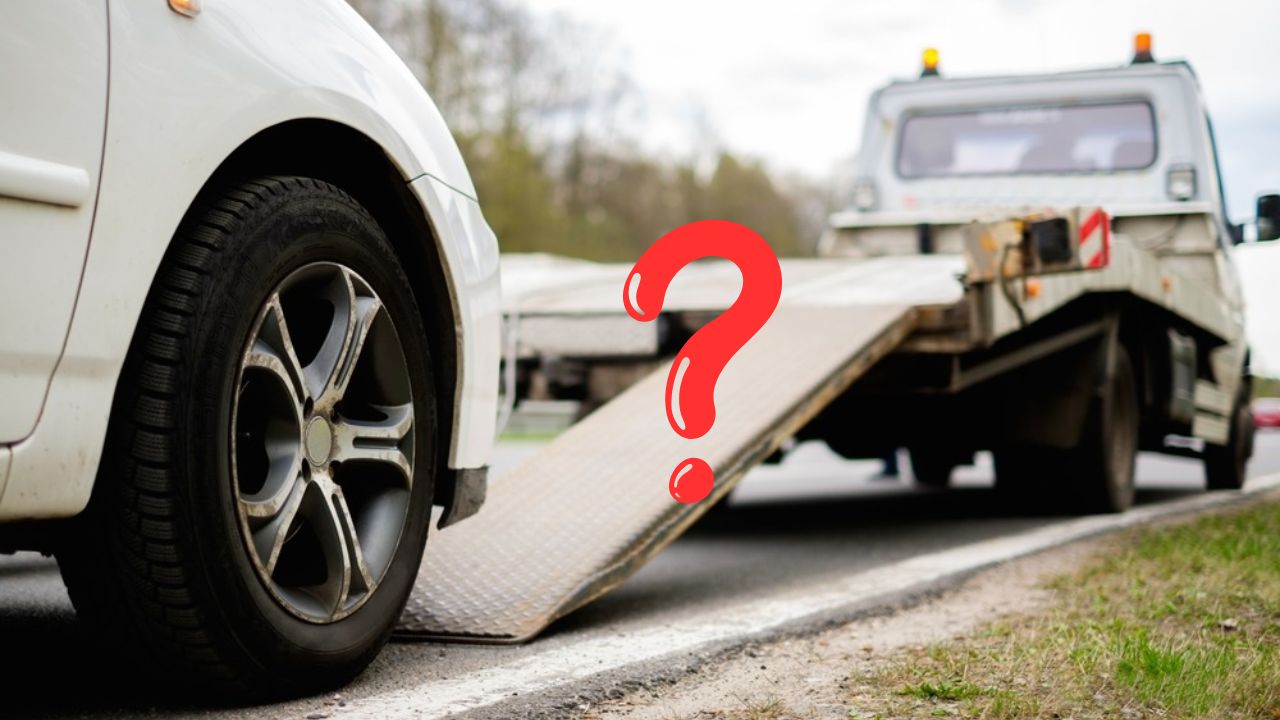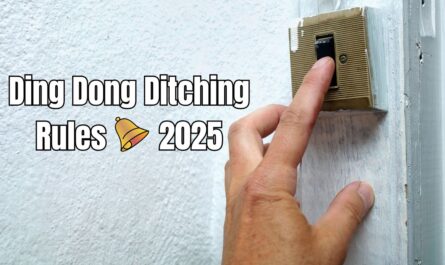Sacramento, Calif. — California drivers may soon get long-awaited relief from sky-high towing and storage charges, thanks to a new bill aimed at curbing abusive fees and protecting consumers from unfair practices.
The California State Assembly has passed Bill 987, a measure sponsored by Assemblywoman LaShae Sharp-Collins, that seeks to amend the state’s vehicle code and set clear limits on what tow operators and impound yards can charge drivers. The law particularly targets excessive fees that occur on state holidays, during natural disasters, or when vehicles are retrieved quickly after being towed.
If signed by Governor Gavin Newsom, this would become California’s first law regulating towing and storage charges, setting a new precedent for consumer rights in the state’s automotive industry.
Why the Law Was Needed
For years, California motorists have complained about predatory towing fees, surprise charges, and unreasonable storage costs. Many drivers reported being forced to pay hundreds of dollars in additional charges even when recovering their cars within a few hours.
The towing and storage sector, often overlooked in regulatory discussions, has been accused of taking advantage of vague rules to impose unnecessary or inflated fees. Lawmakers now say those days may be coming to an end.
“This bill addresses the long-standing issue of abusive and inconsistent towing practices that hurt everyday Californians,” Assemblywoman Sharp-Collins said in a statement.
Under Bill 987, towing companies would face new limits on how much they can charge in certain scenarios — especially when vehicles are reclaimed within a short time frame, when the company is closed for holidays, or when the car is recovered after being stolen.
What the Original Bill Proposed
The first version of Bill 987 was sweeping in its protections. It prohibited storage fees on days a company was closed, including weekends and holidays, and limited towing fees to 50% if a driver retrieved their vehicle within 12 hours of it being towed.
The measure also proposed banning storage fees during declared natural disasters or when vehicles were stolen and recovered within a week.
These strict provisions, however, drew pushback from industry representatives, who argued that the bill blurred the line between towing operators and auto repair facilities—two businesses regulated under different state agencies.
Lobbying and Negotiations Change the Bill
Following intense lobbying efforts, the bill’s language underwent significant changes. The California Autobody Association (CAA), represented by lobbyist Jack Molodanof, urged legislators to refine the proposal to focus specifically on towing companies, not auto repair shops.
“Towing companies and repair shops are regulated by different agencies, with different functions,” Molodanof said.
According to Molodanof, Assemblywoman Sharp-Collins’ staff was receptive to industry concerns, leading to a more balanced and narrowly focused bill.
“Their intention was to address towing issues, not attack the auto repair industry,” Molodanof added.
This collaboration resulted in a revised bill that still limits unfair charges, but now distinguishes clearly between the different sectors of the automotive industry.
A Collaborative Path to Fairness
After several rounds of negotiation, Bill 987 now targets abusive towing practices directly tied to consumer harm rather than imposing blanket restrictions.
The final version emphasizes a “targeted and collaborative regulatory approach”, ensuring that legitimate businesses can continue operating while protecting Californians from price gouging and unexpected storage costs.
Read Also: California Woman’s Bold Billboard Campaign to Find Husband Captivates Bay Area
Consumer advocates have praised the outcome as a step toward greater transparency and accountability in an industry that has long operated in a legal gray area.
“Drivers deserve fair treatment when their cars are towed,” one consumer rights representative said. “This bill gives them that protection without burdening responsible operators.”
What Happens Next
The bill now awaits Governor Gavin Newsom’s signature to become law. If approved, the measure will officially make California the first U.S. state to regulate towing and impound fees through comprehensive legislation.
Once enacted, towing companies will be required to clearly disclose rates, adhere to capped fee structures, and avoid charging storage costs on holidays or closed days. Violations could lead to penalties or suspension of operating licenses.
For California motorists, the change could mean hundreds of dollars in savings — and a system where transparency, not exploitation, defines how towing and storage fees are charged.
Do you think California’s new towing fee law will really stop unfair charges — or will companies find loopholes? Share your opinion in the comments at ibwhsmag.com.


 by
by 

